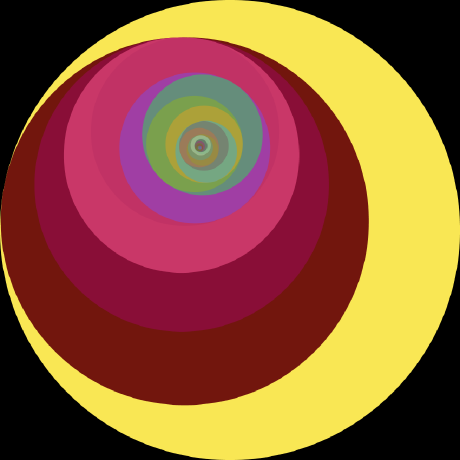You can now write scripts to control CoolLab. Everything that you can do in the UI in now also doable through scripts.
Moreover, you can write those scripts in the language of your choice! That's right, every language in the world will do, even the one you wrote last weekend and that only you possesses an interpreter for.
All of this magic relies on a well knwown friend: the HTTP protocol.
